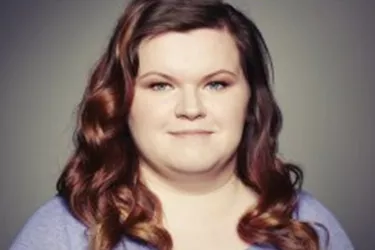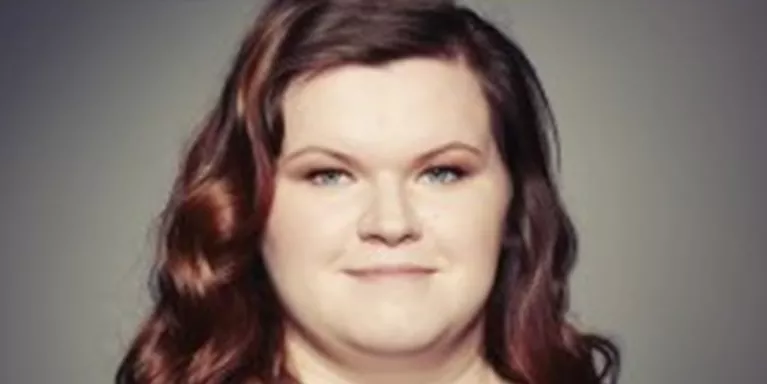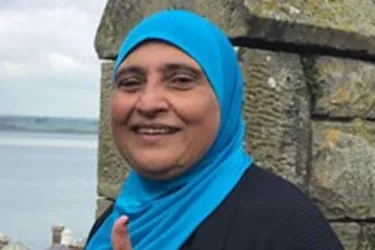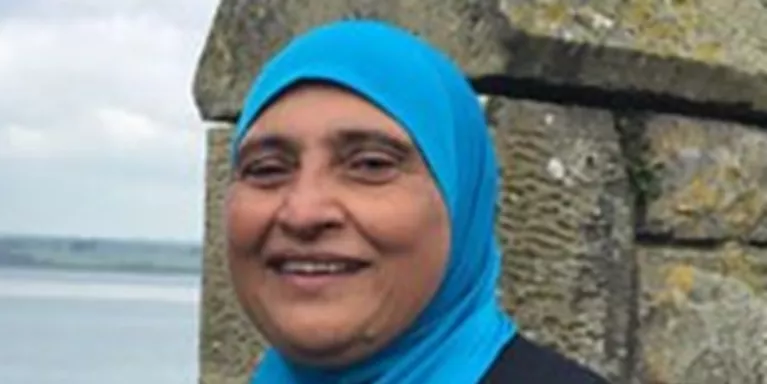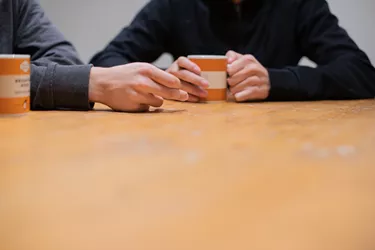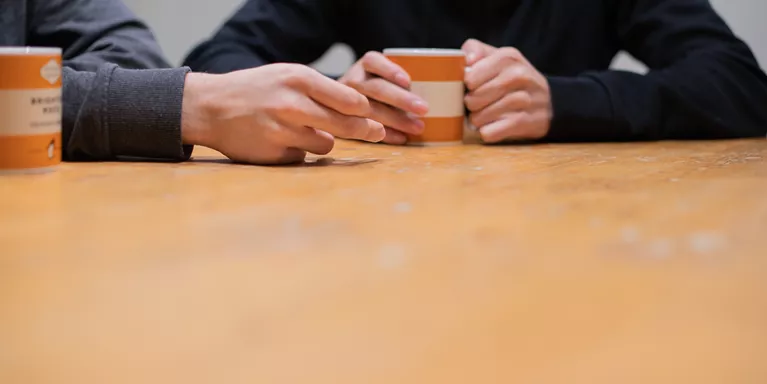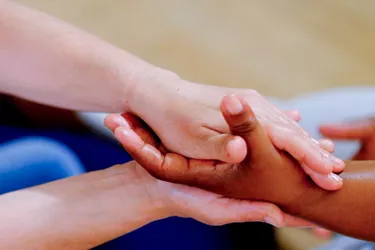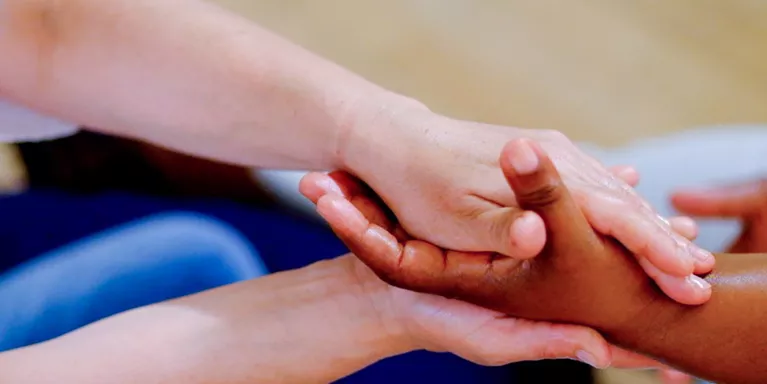Peer support transformed my life
Nikki blogs about how starting a peer support group gave her confidence and an amazing group of friends.
When I was 14, I experienced trauma which led to hearing voices, self-harming, hospital admissions and trying to take my own life. I was desperately sad. I hated my life and I hated myself. I felt so alone and I didn't think there was anyone I could turn to.
I realised I needed support and turned to my GP, my school and friends, and I had to fight to even get an assessment from Child and Adolescent Mental Health Services (CAMHS). Eventually I got it, and I started going to therapy for the next three and a half years.
When I was 17, my therapy ended and I wanted to fill the gap. There aren't any peer support groups for young people in my area, so with the support of my local church, I created one.
"The first meeting was difficult. I was incredibly nervous and I wasn’t sure I was even capable."
I ended up running out of the room in tears. Luckily the church leaders reassured me that my confidence would grow, and it did. Over the next year or so, I developed as a person and became so much more confident because I felt like I had a purpose. This hasn’t changed.
I’ve found facilitating Evolve incredibly stressful at times, and there have been times I have wanted to give up on it altogether. It’s been difficult travelling to and from university for every meeting, planning all of the sessions and promoting the group (which we now have an amazing media manager Robyn to help us do), but because I have other people helping me, I stuck with it.
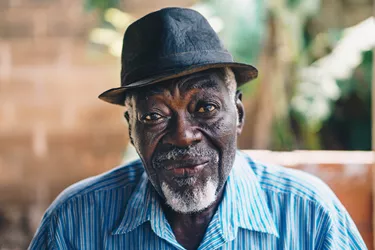
We have a diverse group of people who come along, each of them amazing, talented and valuable. However, all of us that come along struggle with something, whether it’s exam pressure, mental health problems, or something else.
When we get together, we play games, talk about the good and the bad parts of life, give each other advice, and generally we just become friends. My favourite part is at the end of each group when we talk about one thing we are looking forward to.
Last year we won the Marsh Award for peer support and were awarded £1000 for our group.
"We were completely shocked when we won because there are so many other amazing peer support groups across the country."
It was such an honour to be recognised for the work we’ve all put in. I and the other leaders Andrea and Susie, as well as those from the local church which oversee the group, Jo and Vic, have always believed that what we are doing is needed and worthwhile, because there is nothing like it in our community for young people.
Getting the money from the Marsh Trust has meant we are able to finance our group, without it we would have struggled to keep ourselves going. It has meant that we are able to buy resources (notebooks, art and craft supplies, stationery), get food and drink for our meetings, hire a room, and work on projects. At the moment we’re writing a book full of our favourite quotes, coping strategies, letters and personal experiences so we can empower other young people.
"It’s been nearly three years now since I set up Evolve and every day I am amazed at how we have grown."
We went from being a couple of people, to a dozen regular people and a hundred people in an online peer support group. Peer support is all about people coming together to share experiences and help each other, and Evolve is a place for that. Without Evolve, I wouldn’t be as confident. I wouldn’t have built some of the amazing friendships I have, and I wouldn’t be where I am today. It has become such a huge part of my life that I would never want to be without it. It has been worth every second and I wouldn’t change a thing.

Information and support
When you’re living with a mental health problem, or supporting someone who is, having access to the right information - about a condition, treatment options, or practical issues - is vital. Visit our information pages to find out more.
Share your story with others
Blogs and stories can show that people with mental health problems are cared about, understood and listened to. We can use it to challenge the status quo and change attitudes.










